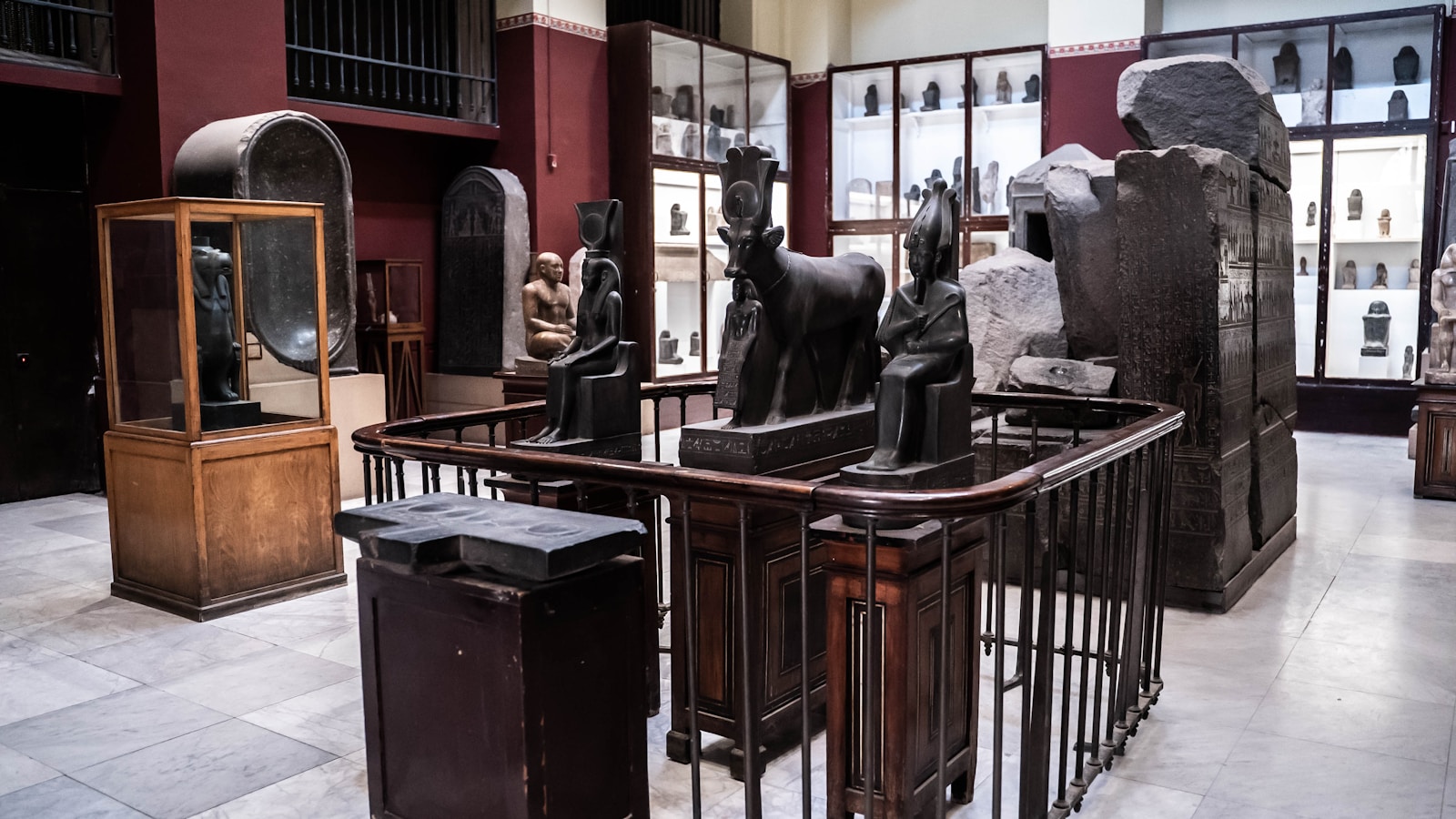
museo

museum
The Italian word for 'museum' is 'museo'. It is used in the same way as in English, referring to an institution that preserves and exhibits a collection of historical, scientific, artistic, or cultural artifacts for public viewing. For example, 'Il museo del Louvre a Parigi è molto famoso', which means 'The Louvre museum in Paris is very famous'.
Example sentences using: museo
Domani andremo al museo.

Tomorrow we will go to the museum.
This sentence is an example of future tense in Italian where 'andremo' means 'we will go'. The preposition 'al' is a contraction of 'a' (to) and 'il' (the) used before masculine singular nouns starting with a consonant.
Il museo apre alle nove.

The museum opens at nine.
This sentence demonstrates how to express time in Italian. 'Apre' means 'opens' and is used in third person singular, 'alle nove' means 'at nine'. The sentence structure commonly places the subject (in this case, 'il museo') at the beginning of the sentence, followed by the verb.
Ho comprato un biglietto per il museo.

I bought a ticket for the museum.
This sentence uses the past tense 'ho comprato' which translates to 'I bought'. The preposition 'per' is equivalent to English 'for'. Unlike English, in Italian, there is no difference between 'a ticket' and 'the ticket' as indefinite and definite articles are used the same way.